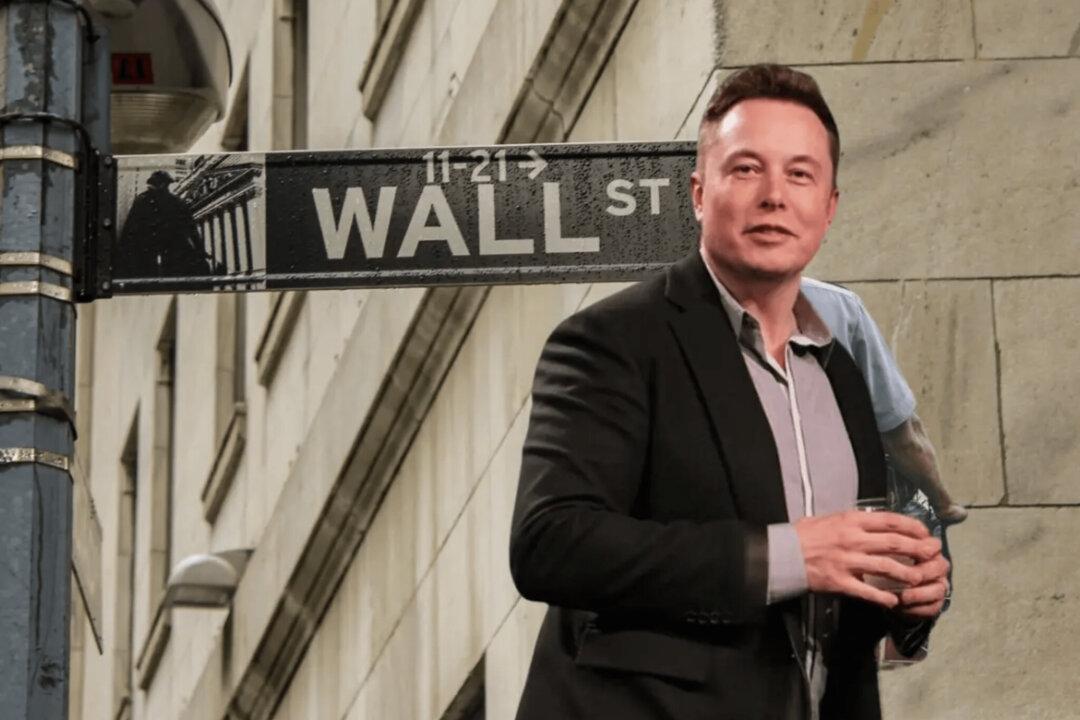Elon Musk, the founder and CEO of Tesla and SpaceX, predicted a global recession that will last through the spring of 2024, while at the same time attacking policy actions by the Federal Reserve.
On Oct. 21, Musk exchanged tweets with Dogecoin co-creator Billy Markus, who uses the Twitter handle Shibetoshi Nakamoto (the name used by the presumed pseudonymous person or persons who developed Bitcoin).





